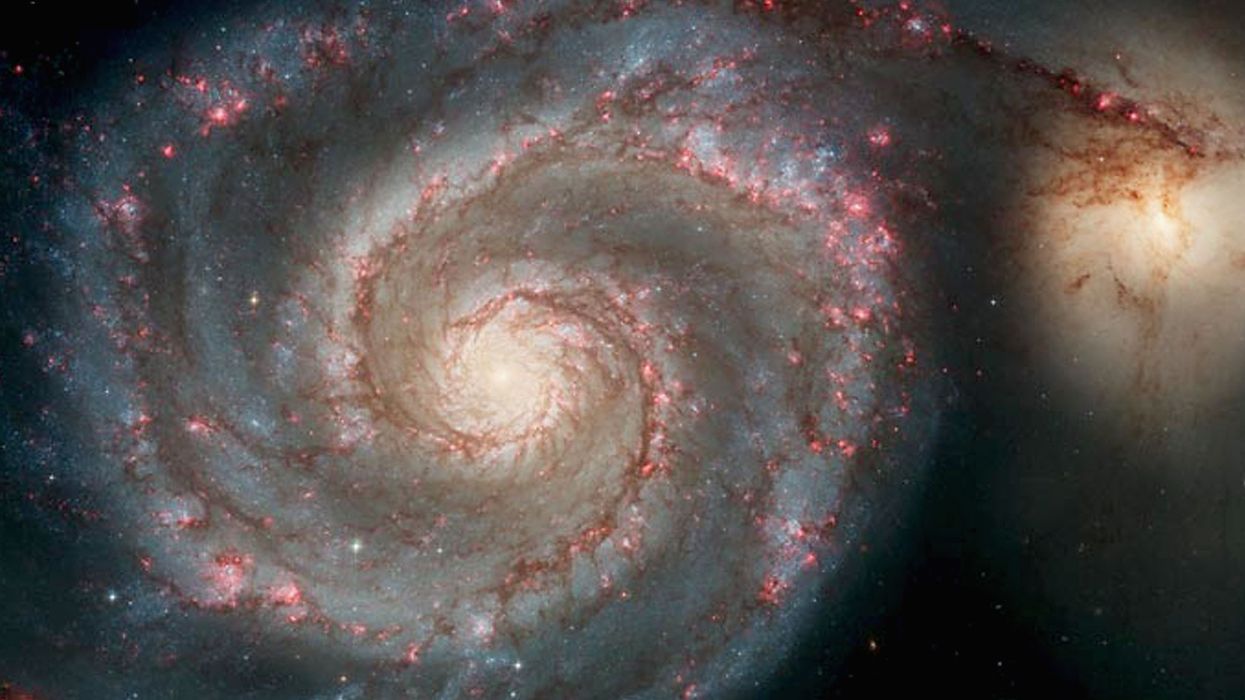Shannon McDonagh
Jan 15, 2021

Getty Images
A mega space-collaboration project has successfully produced the largest map of the universe - ever.
In a collaborative effort between NASA, Arizona’s Kitt Peak National Observatory, and Chile’s Cerro Tololo Inter-American Observatory, 200 researchers and observers have managed to splice together the widest, most detailed range of telescopic images ever of the stars above our heads.
What you are seeing the most pictures of space ever captured. Not to trigger an existential crisis or anything, but it is incomprehensibly huge. How big, you ask? Well, the resulting image is one petabyte of data.
Anyone even heard of a petabyte? It’s aboutone million gigabytes - the future capacity of the iPhone 1000, perhaps.
In picture terms, that’s equivalent to 833,000 high-resolution smartphone images being put together. In terms of pixels that is ten trillion in total.
The map can be found here, and is navigated similarly to that of a Google Maps page, giving viewers the ability to view individual galaxies, constellations, and smaller star clusters.
This is just the beginning, too. Over the course of the next five years and with further exploration, the researchers hope to convert the map into 3D imagery within the next few years. More so, they’ll be hoping to track the exact distances between little old Earth and galaxies up to 12 billion light-years away.
In a statement, Adam Bolton, Director of NOIRLab’s Community Science and Data Center said, “To solve some of the biggest mysteries in fundamental physics today, we are driven to create huge digital databases of stars and galaxies, which in turn enable a new data-mining approach to making additional astronomical discoveries”
It’s one of the biggest of many feats for space researchers in the past year, from capturing footage of exploding stars to revealing what the surface of the actual sun looks like.
Again, mind blowing figures that none of us could possibly grasp. It’s exciting stuff.
More: Why is it more difficult to make friends the older you get - and how can you make it easier?
Top 100
The Conversation (0)













